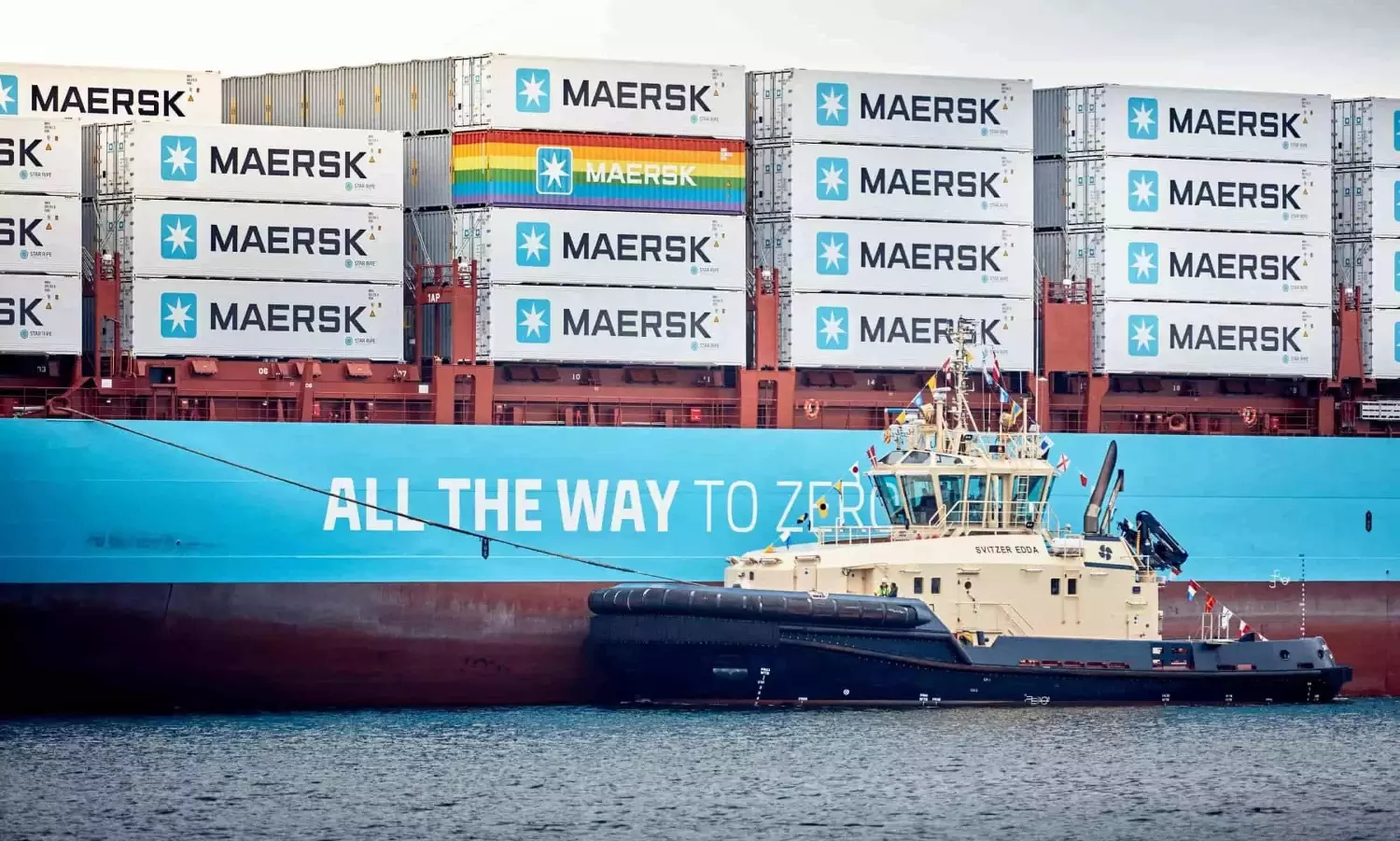Schedule reliability continues to decline: eeSea
Continuing violence in the Red Sea and the Baltimore bridge collapse have contributed to delays and lost capacity

The first quarter of 2024 saw a decline in schedule reliability, continuing the trend from the end of 2023.
"On-time performance* dropped from 35 percent to 27 percent in Q1, with delays exacerbated by geopolitical issues and infrastructure disruptions," says the latest Schedule Reliability Scorecard from eeSea.
"Reliability across the board is still far from pre-pandemic levels. Continuing violence in the Red Sea and the Baltimore bridge collapse have contributed to delays and lost capacity in the Asia-Europe and Transpacific trades."
Maersk remains the leading carrier despite overall declines in performance metrics, keeping the lead since Q32021 and well ahead of its Gemini partner (Hapag) with -2.3 days delay and 36 percent on-time performance. Wan Hai has emerged as a new leader in the vessel sharing agreement (VSA) rankings, demonstrating the dynamic competitive landscape, the update added.
"Zim shoots up from 9th in Q42023 to 2nd place (-2.4d/33 percent), a success last seen in Q42022."
Guayaquil, Ecuador was ranked no 1 in the Top 50 Reliable Ports ranking with average delays of -1.2 days, "a hair more than our previous reporting period at -1.16d." The port currently serves 18 liner services, 13 of which are main lines, and the average nominal trade cap per service is 4.2K TEUs.
On-time performance has also dropped three points in Q1 (67 percent) but remains the highest globally, closely followed by Southampton (63 percent) and Port Said (53 percent).
Mega ports such as Singapore and Busan are gradually improving but remain outside the top rankings. Shanghai stands out as a high performer among large ports, securing the 26th place.
(*eeSea marks < 12 hrs delay as an on-time arrival. A port event < 12 hrs late gets 100%, > 12 hrs late gets 0%. The aggregate percentage of vessels on-time is used throughout.)


